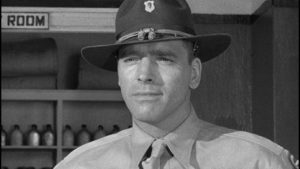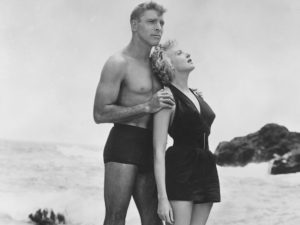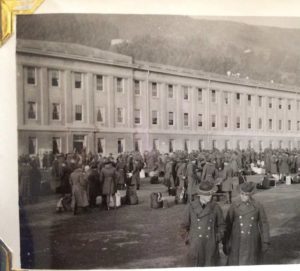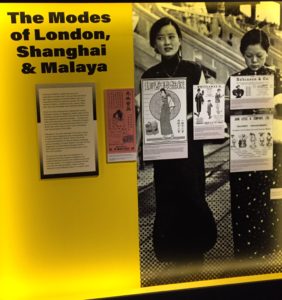China Cuckoo: An Evening with Mark Kitto – Guanghwa Bookshop, Shaftesbury Ave, W1 – 5/12/18
Posted: November 23rd, 2018 | No Comments »It’s time to party likes it’s 2004 in Shanghai again!!
China Cuckoo: An Evening with Mark Kitto
In 2004, Englishman Mark Kitto was at the peak of his career in Shanghai. Heralded by the Financial Times as a ‘mini media mogul’, his city guides That’s series were the most popular English-language publications in China. But it all came crashing down when his business, in which he invested everything, was seized by the authority.
Perhaps it was time to admit defeat and come home?
Instead, Mark turned his back on Shanghai and moved his family to the beautiful yet isolated mountain region of Moganshan, an area he had fallen in love with on a rare weekend getaway. There the ex-tycoon had written his book China Cuckoo.
Spend an evening with Mark Kitto and hear tales from his books That’s China and China Cuckoo – and more besides – of life and work in China’s booming metropolis and then a quiet rural retreat, his dealings with senior mandarins and low level bureaucrats, and what he thinks will be the reality of the ‘China Dream’. He once had one himself.
Wed 5 December 2018
19:30 – 21:00 GMT
Guanghwa Bookshop
112 Shaftesbury Avenue
London
W1D 5EJ
it’s free but register here









